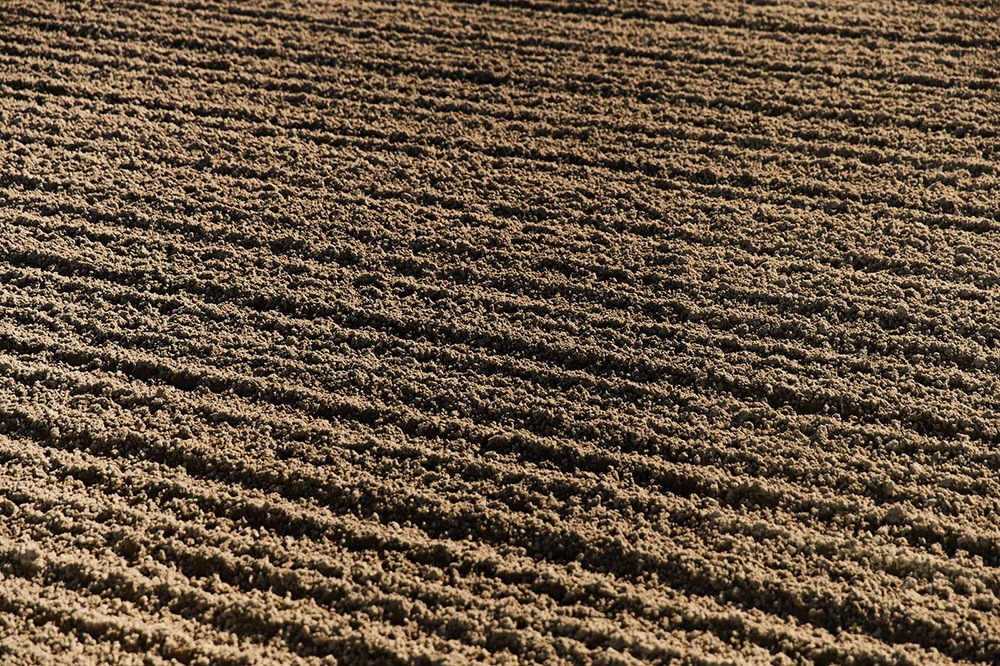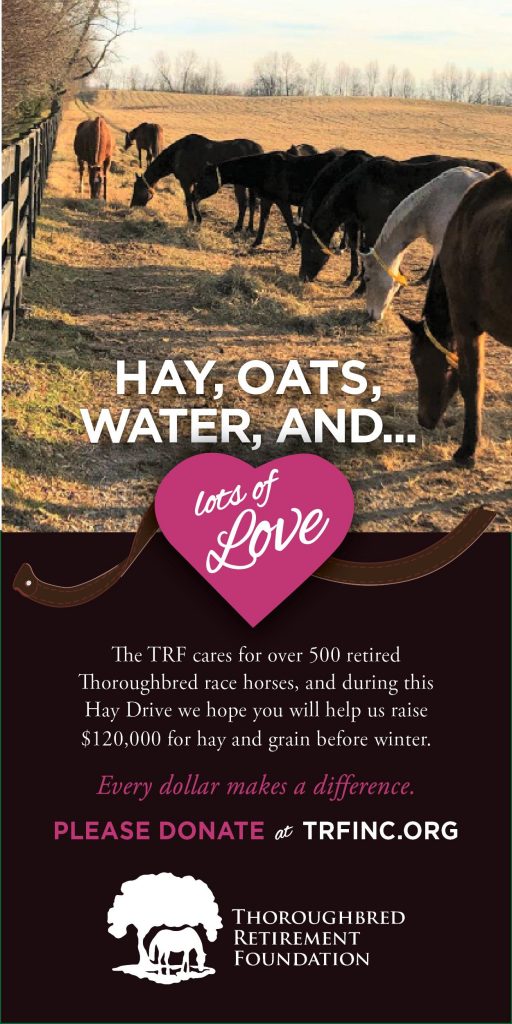
LAUREL, Md.—A meeting to provide an update on the racing surfaces at Laurel Park included a discussion on ensuring trainers and regulatory veterinarians regularly communicate when horses are injured during training hours.
During the June 29 meeting hosted by the Maryland Thoroughbred Horsemen’s Association and held via Zoom, several trainers said they’ve had horses suffer injuries—some minor and others more serious—during training hours at Laurel. Trainer Lacey Gaudet, a member of the MTHA Board of Directors, said some trainers are scared to breeze horses, and that some horses “don’t come back well” after doing so.
Mike Rogers, Acting President of the Maryland Jockey Club, said the MJC is “not getting that information in real time. A few trainers voluntarily report right away but obviously others do not. The data will help identify problems and modify (surface) maintenance practices. We’re clearly trying to look for trends.”
David Hayden, a member of the Maryland Racing Commission, said at least one trainer indicated he was unaware of the need to report injuries as well as the status of the horses. Hayden suggested redesigning a “departure form”—used when horses leave the premises—to include where a horse is going and the name of the attending veterinarian, who can provide health information on a horse. That information can then be given to the association and regulatory veterinarians.
Regarding the surface, Track Superintendent Chris Bosley said a representative of Racing Surfaces Testing Laboratory was on site the third week of June to shoot grades, take dirt samples and perform a depth analysis. He said the Laurel Park surface was deemed in compliance with the Horseracing Integrity and Safety Authority’s Racetrack Safety Program, which was launched July 1.
“There are always a few things we can do a little better,” Bosley said, “but for our current meet we are compliant with HISA.”
In response to feedback from jockeys and trainers on the consistency of the dirt surface during morning training Bosley said the maintenance crew began watering the surface after the first break, not just after the second break, depending on weather and other conditions.
“It’s definitely something you will see us continue to do,” Bosley said. “Whatever we are doing, we want to be consistent with it. Obviously, the weather will dictate that, but the more we get into a rhythm and do the same things day in and day out, the better it will be.”
“We want to make sure the track is kind and safe,” Rogers said. “I won’t cut any costs. Whatever has to be done, I’ll do it.”
The goal is to hold meetings on the Maryland racing surfaces every few weeks going forward. Participants will work on improving the information reporting system based on Hayden’s suggestion and those of others.
MTHA News Release
Photo by Maryland Jockey Club



